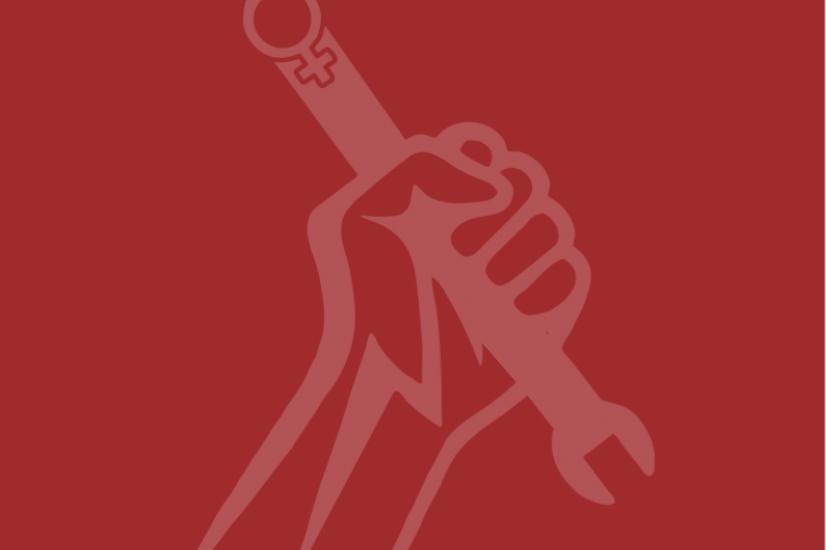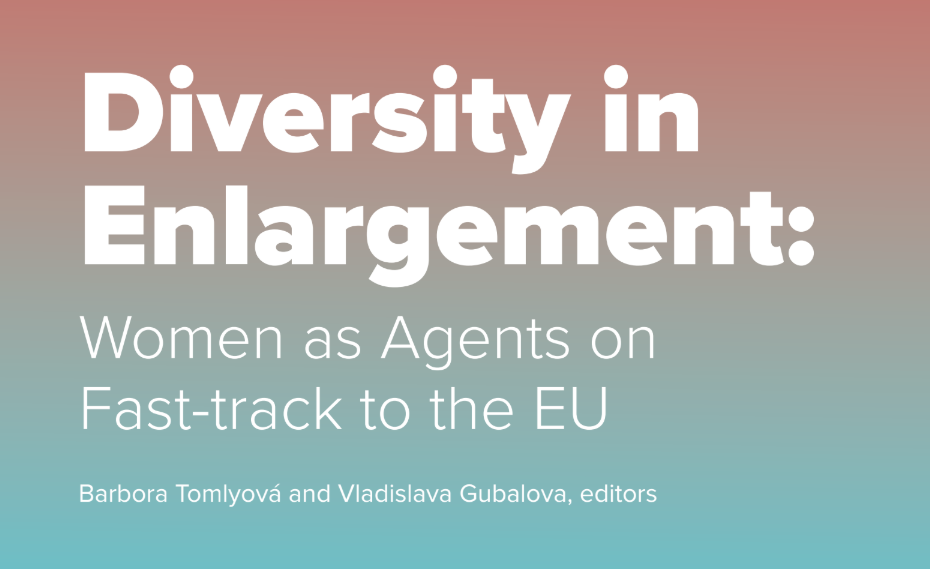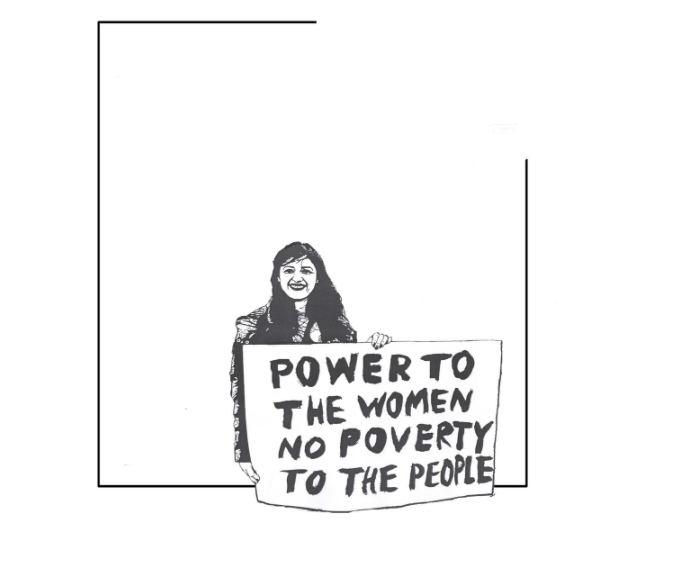1283Views 0Comments

Western Balkans Coalition Report on GBD in Labour
Western Balkans Coalition Publishes Regional Report on Gender-based Discrimination and Labour
Brussels, 20 May 2022
On 20 May, the Coalition for Addressing Gender-based Discrimination in Labour in the Western Balkans (WB) launched the second edition of their research report titled Gender-based Discrimination and Labour in the Western Balkans in Brussels. The research sought to identify shortcomings in the relevant legal framework; awareness and prevalence of gender-based discrimination related to labour; the extent to which people have filed claims; and how institutions have treated such cases. The research was conducted by women’s rights civil society organisations (WCSOs) as part of their regional Action “Empowering CSOs in Combatting Discrimination and Furthering Women’s Labour Rights” in six WB countries (Albania, Bosnia and Herzegovina, Montenegro, North Macedonia, Kosovo, and Serbia), supported by the European Union (EU) and co-funded by Swedish Development Cooperation. Key findings include:
- Most WB countries have ratified a broad range of international instruments. Their constitutions contain an explicit prohibition of discrimination based on sex or gender.
- No country has harmonised fully its legal framework with the EU Work-Life Balance Directive. Various issues exist related to leave rights, particularly parental, paternity and carers’ leave.
- Sanctions are too low to be considered “effective, proportionate and dissuasive”.
- While awareness that gender-based discrimination is illegal seems to have improved slightly, many people still do not know where and how to report it.
- Labour-related gender-based discrimination has remained widespread in the WB, including in hiring, promotion, pay, contracts, pregnancy and maternity leave rights, paternity leave, and sexual harassment at work.
- Several labour rights violations occurred during the COVID-19 pandemic, including some involving gender-based discrimination.
- LGBTQI+ persons, women with disabilities, and women from minority ethnic groups report facing multiple, intersectional discrimination.
- While slightly improved, still few people report gender-based discrimination due to low awareness of how to report it; distrust in institutions; concern for stigmatisation; fear of job loss or other victimisation; and lengthy, often expensive justice or other proceedings.
According to the report, WB institutions do not maintain adequate gender-disaggregated data on gender-based labour-related discrimination cases reported. Labour inspectors’ knowledge regarding gender-based discrimination has remained low across the region. As few cases have been reported to relevant institutions, still few institutions have experience treating gender-based discrimination cases. However, the aforementioned Coalition’s Action has increased the number of cases treated by institutions and brought justice for some women whose rights were violated. Meanwhile, regional monitoring suggests that courts continue to have delays in treating cases, exacerbated amid COVID-19. Ombudspersons and Commissioners for Protection against Discrimination (in countries where they exist) tended to be knowledgeable about these issues and their work to address gender-based discrimination has improved.
Key recommendations include:
For the EU
- Require implementation of institutional reforms to address gender-based discrimination in labour as a condition of the EU accession process.
- Monitor reforms using a standardised approach across countries, via country reports.
- Encourage and support all countries in harmonising their legal frameworks with the EU Work-Life Balance Directive.
- Continue consulting and supporting CSOs, especially WCSOs, in legal reforms, raising awareness, providing legal aid, and, thereby, monitoring institutional performance.
- Encourage EU contractors engaged in furthering institutions’ capacities to cooperate with CSOs to improve institutional knowledge and practice in treating gender-based discrimination.
For Responsible Institutions
- Harmonise national legislation with the EU Work-Life Balance Directive, among other needed amendments outlined in the report and respective country research reports.
- Improve data collection, ensuring all data is disaggregated by gender of victim(s), of alleged perpetrator(s), location, and form of discrimination. Regularly publish data.
- Ensure obligatory, institutionalised training for responsible officials on gender equality and transforming gender norms; the legal framework on gender-based discrimination in labour and referrals; and forms of gender-based discrimination, especially sexual harassment.
- Better resource labour inspectors and justice providers.
- Improve collaboration among institutions and with (W)CSOs, including in jointly raising awareness about how to report discrimination and in improving public trust in institutions.
Background
The report was researched and written by the Kosovo Women’s Network (KWN), Reactor – Research in Action in North Macedonia, Gender Alliance for Development Centre in Albania, Helsinki Citizens’ Assembly Banja Luka in Bosnia and Herzegovina, Women’s Rights Centre in Montenegro and the Kvinna till Kvinna Foundation through its office in Serbia.
Speakers at the event included: Michela Matuella, Acting Director, Western Balkans, Directorate General for Neighbourhood and Enlargement Negotiations (DG NEAR), European Commission (EC); Gordon Purvis, Policy Officer – European Integration Negotiator, DG NEAR, EC; Nicole Farnsworth, Program Director and Lead Researcher, KWN; David JJ Ryan, Co-author; Vaska Leshoska, Researcher, Reactor-Research in Action; and Endrita Banjska, Co-author, KWN. Coalition partners contributed to the discussion, including Mirela Arqimandriti, Executive Director, Gender Alliance for Development Centre; Svjetlana Ramić Markovic, Project Coordinator, Helsinki Citizens’ Assembly – Banja Luka; Adelina Tershani, Project Coordinator, KWN; Maja Raicević, Executive Director, Women’s Rights Centre; and Sofija Vrbaski, Project Coordinator, Kvinna till Kvinna Foundation.
The full report is available online, as are specific country reports for Albania, Bosnia and Herzegovina, Montenegro, North Macedonia, Kosovo and Serbia[KWN1] [u2] .
For further information, please contact: Nicole Farnsworth, KWN Program Director and Lead Researcher at Nicole@womensnetwork.org.


